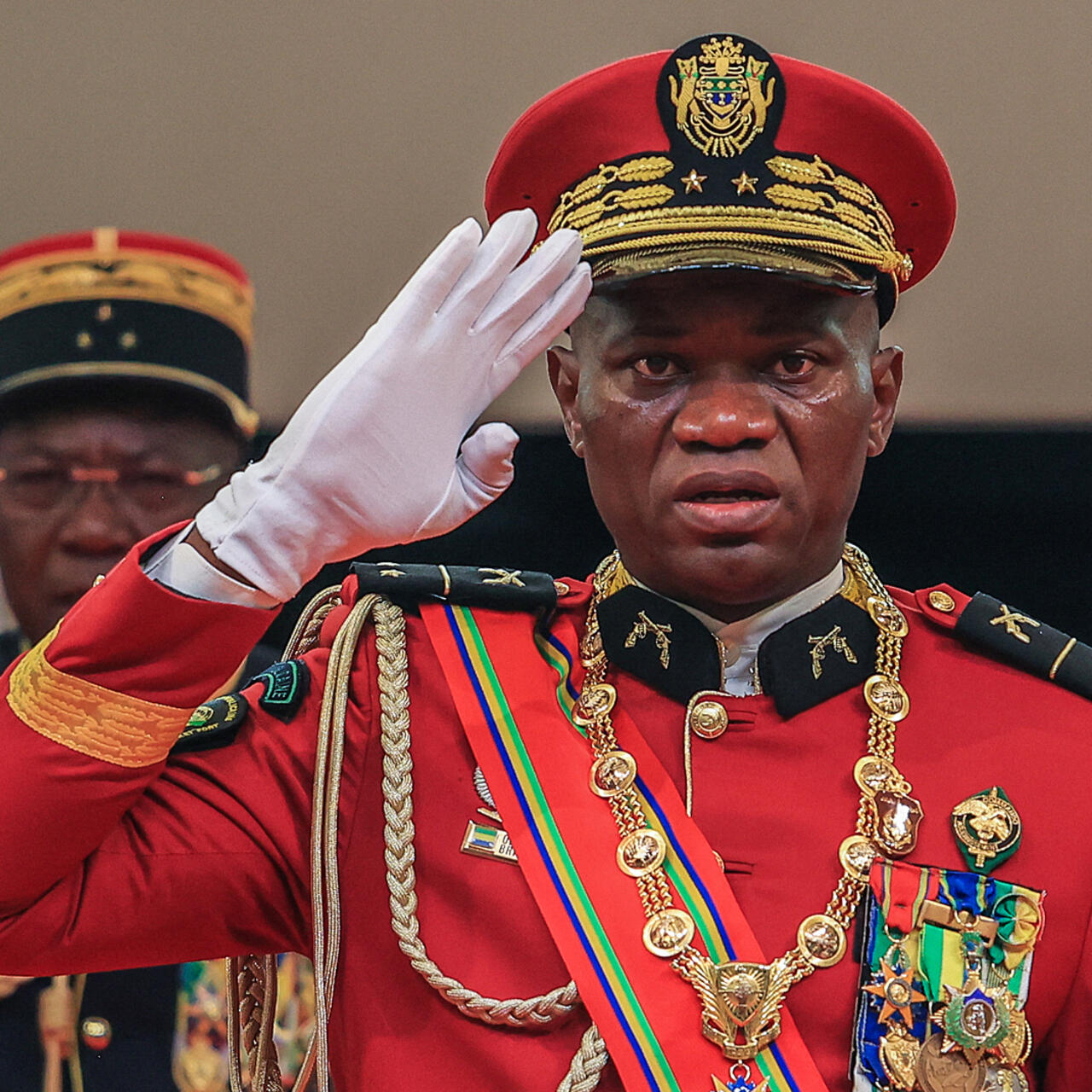General Brice Oligui Nguema, who led a recent coup in Gabon, became interim president on Monday. He pledged to hold fair and honest elections to bring back civilian rule, but he didn’t say when this would happen.
General Brice Oligui Nguema, the leader of Gabon’s elite Republican Guard, led a coup last week against President Ali Bongo Ondimba, whose family had been in power since 1967. The coup happened right after Bongo, who is 64 years old, was declared the winner of last month’s presidential election, a result that the opposition said was fraudulent.
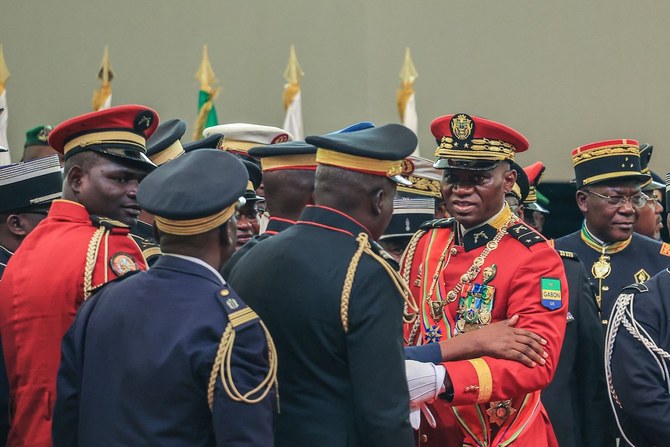
During a ceremony in front of judges from the Constitutional Court, Nguema swore an oath to protect the republic and preserve the gains made in democracy. He also pledged to hold fair and transparent elections after a period of transition, although he didn’t specify how long this would take. Additionally, he promised to release “prisoners of conscience.”
Nguema mentioned that he plans to form a new government in the coming days but didn’t give a clear timeline for the transition period. He also talked about the need for a complete overhaul of the electoral process and the legal system, indicating that this might be a lengthy process.
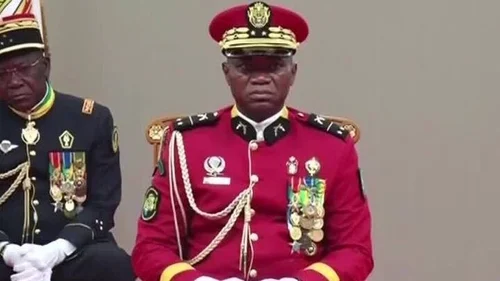
However, the Central African regional bloc, ECCAS, was not convinced by Nguema’s promise of fair elections. They announced that they were suspending Gabon’s membership until constitutional order is restored.
Military takeovers are not the answer. In Gabon, some African countries don’t recognize Nguema as the rightful leader, and there is pressure on him to explain how he plans to bring civilian rule back.
After the coup, Nguema was celebrated by his troops, and he has been seen with high-ranking military officials. He has had discussions with various groups like business leaders, religious figures, unions, political parties, NGOs, diplomats, and journalists. He has been listening to their concerns and responding at length.
Nguema promised to establish more democratic institutions that respect human rights, but he said he would do it gradually.
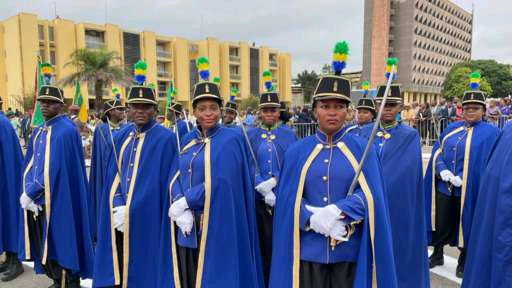
Some former opposition members want Nguema to give up power, but many people in Gabon are happy about the end of the Bongo dynasty, with celebrations in the capital, Libreville, and Port-Gentil.
While many Western countries and organizations disapprove of the coup, they also recognize that the election in Gabon had many problems. The European Union’s foreign policy chief, Josep Borrell, said, “Military coups are not the solution, but we have to remember that there were many irregularities in Gabon’s elections.”
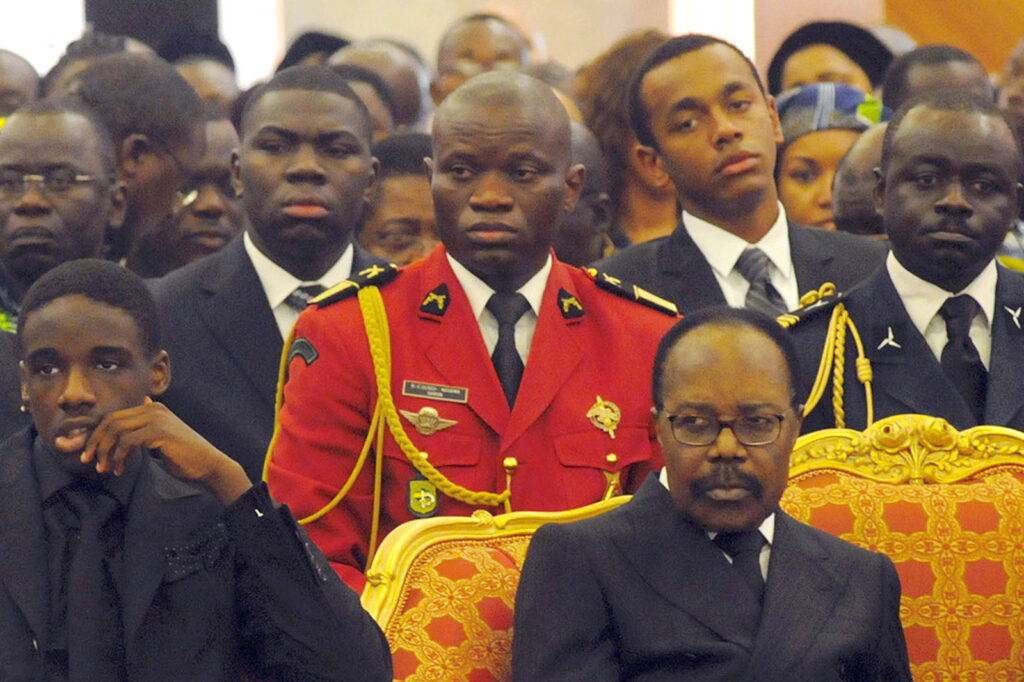
The former president, Bongo, had been trying to stay in power for a third term after taking over in 2009 when his father, Omar, who ruled Gabon for more than 40 years, passed away. The coup leaders say they have put Bongo under house arrest and forced him into retirement.
But Bongo managed to share a video on social media where he said his son and wife, Sylvia, had been taken into custody, and he asked “all our friends around the world to speak out” on his behalf.
On national TV, they showed footage of the former president’s son, Noureddin Bongo Valentin, and other officials who were arrested, with suitcases full of money said to be seized from their homes.
The military has accused them of serious crimes like treason, embezzlement, corruption, and forging the president’s signature, among other charges.
In the past three years, five other African countries—Mali, Guinea, Sudan, Burkina Faso, and Niger—have experienced coups. The new leaders in these countries have resisted calls to quickly return to their military barracks.

